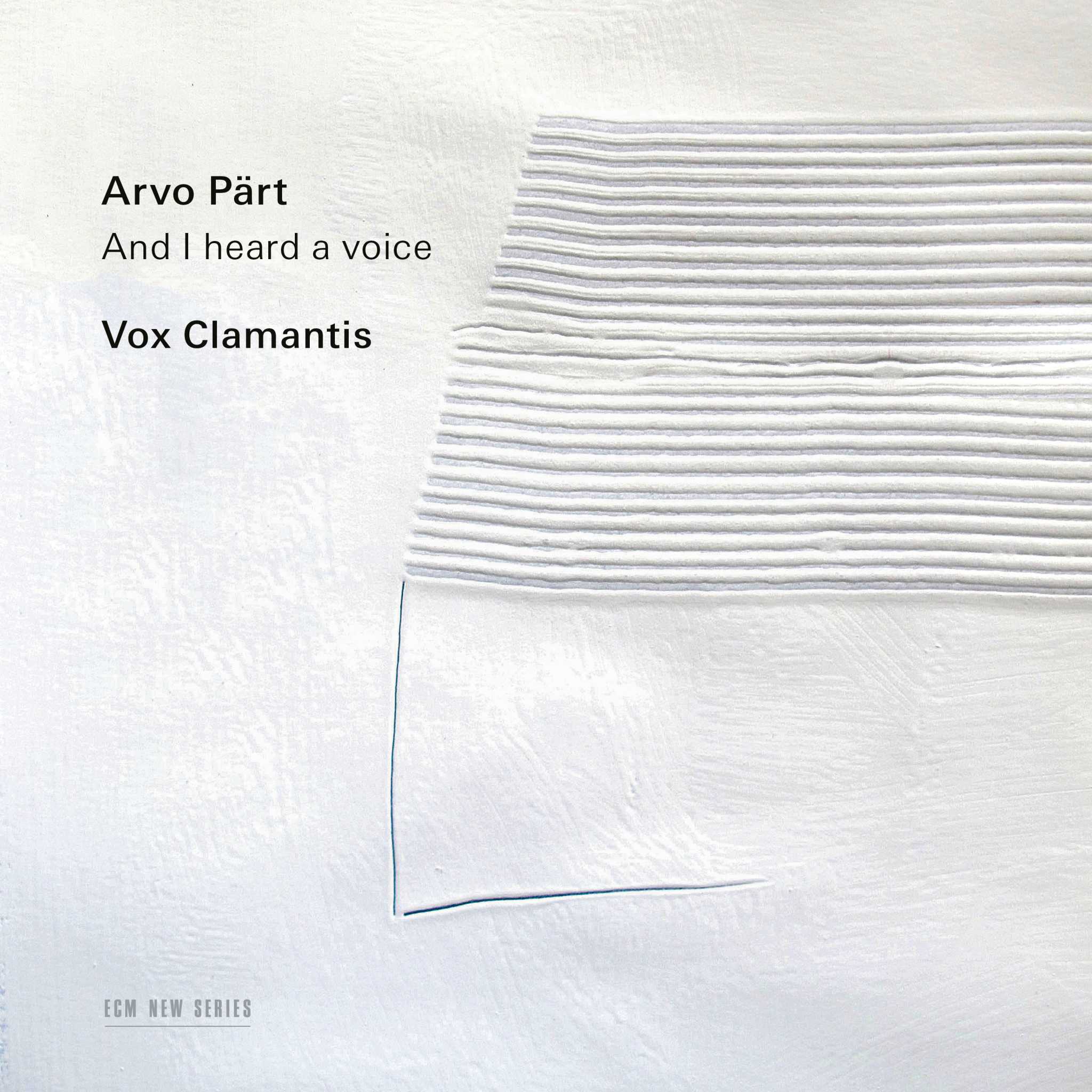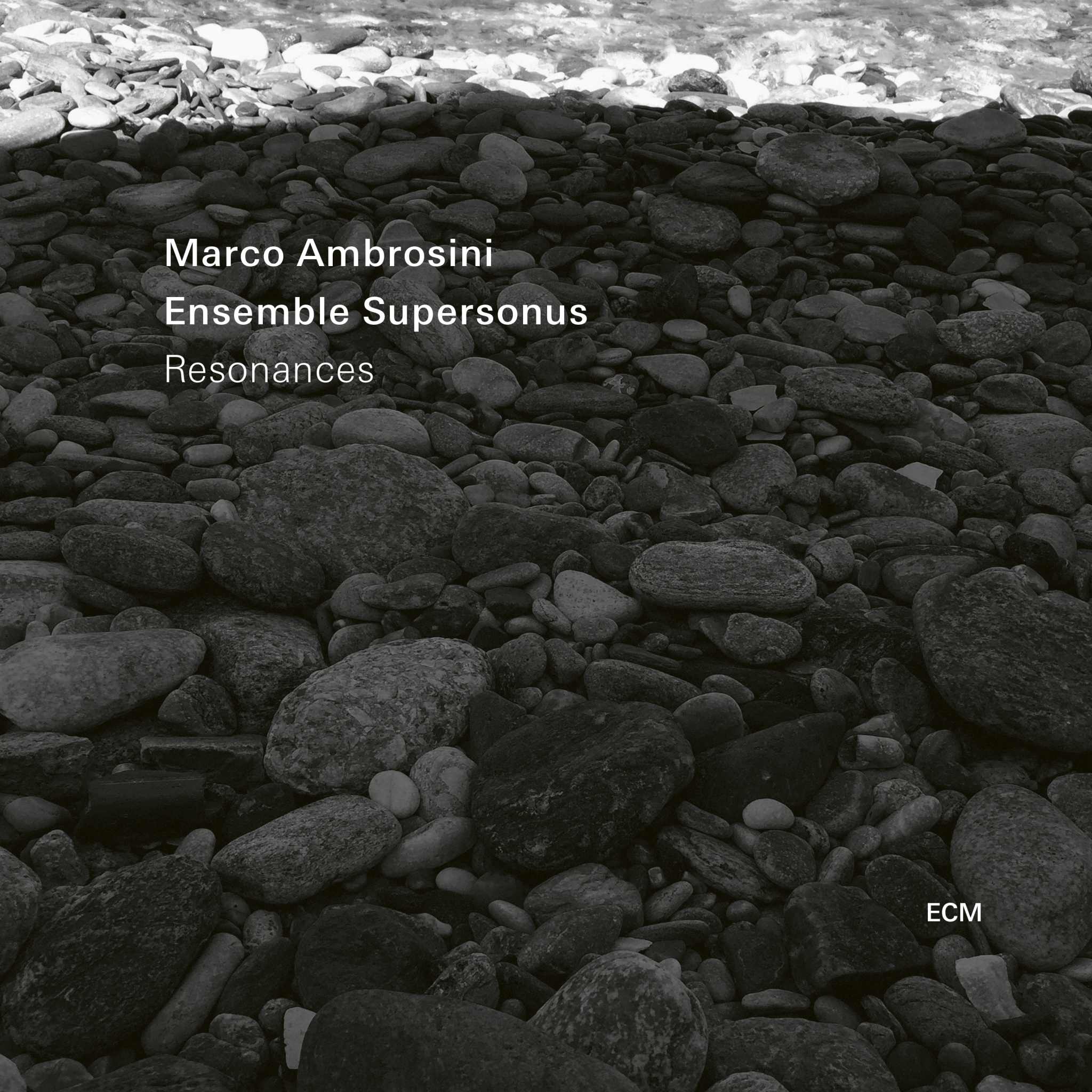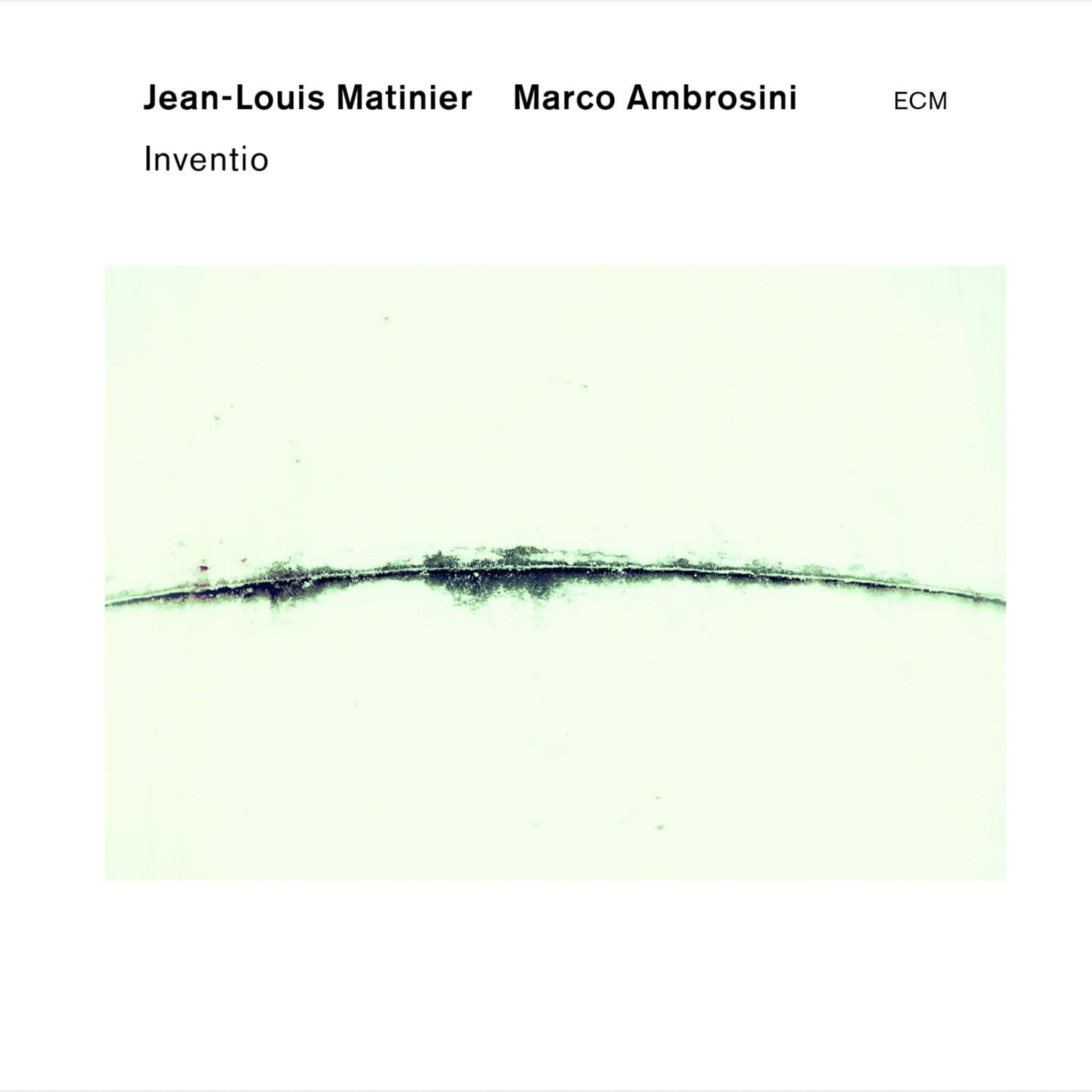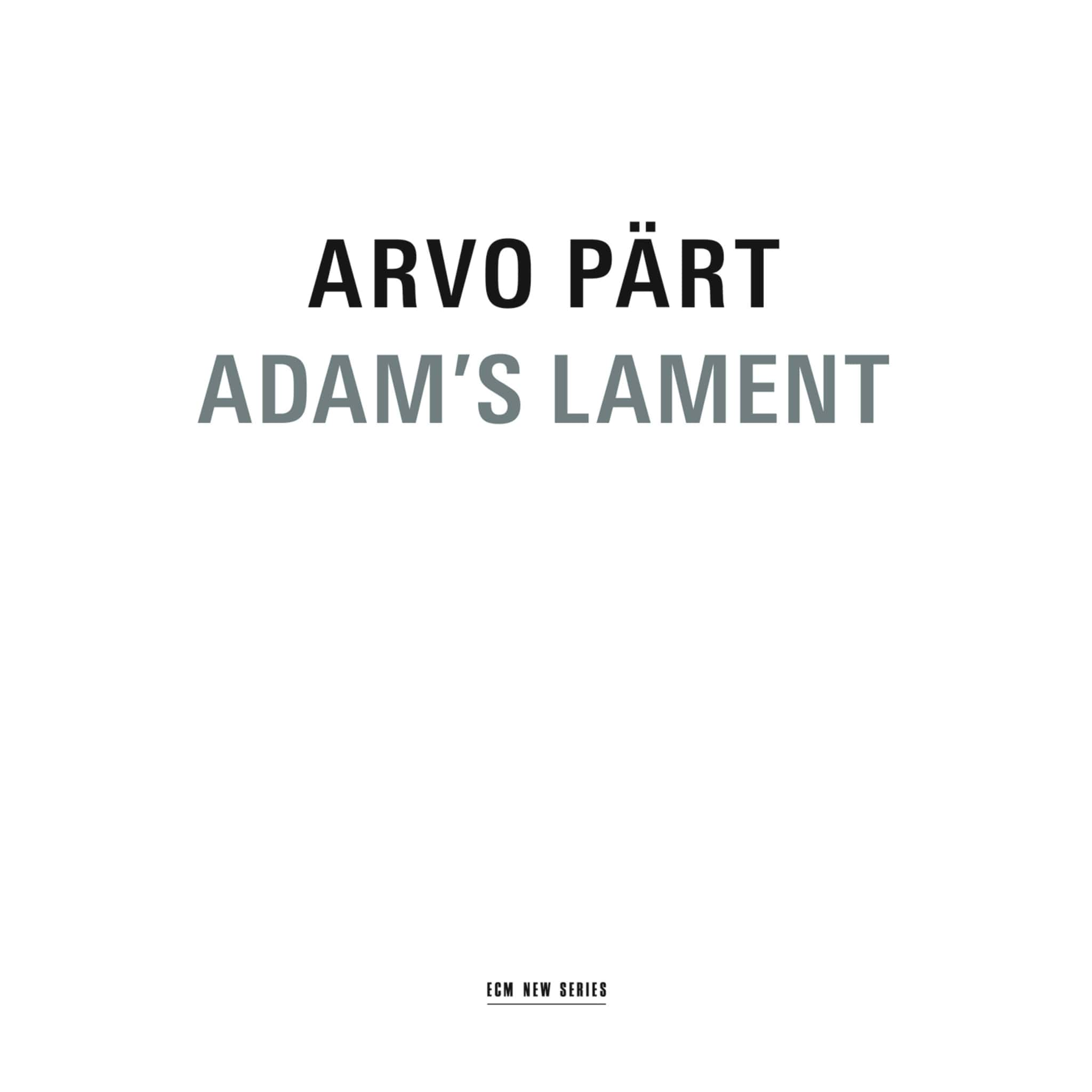
Duration70 Min
Cyrillus Kreek - The Suspended Harp of Babel
Vox Clamantis, Jaan-Eik Tulve
Duration70 Min
Cyrillus Kreek
Orthodox Vespers
- O Jesus, Thy Pain / Dame, vostre doulz viaire (Arr. Ambrosini and Eller)13Guillaume de Machaut, Cyrillus Kreek12:07







